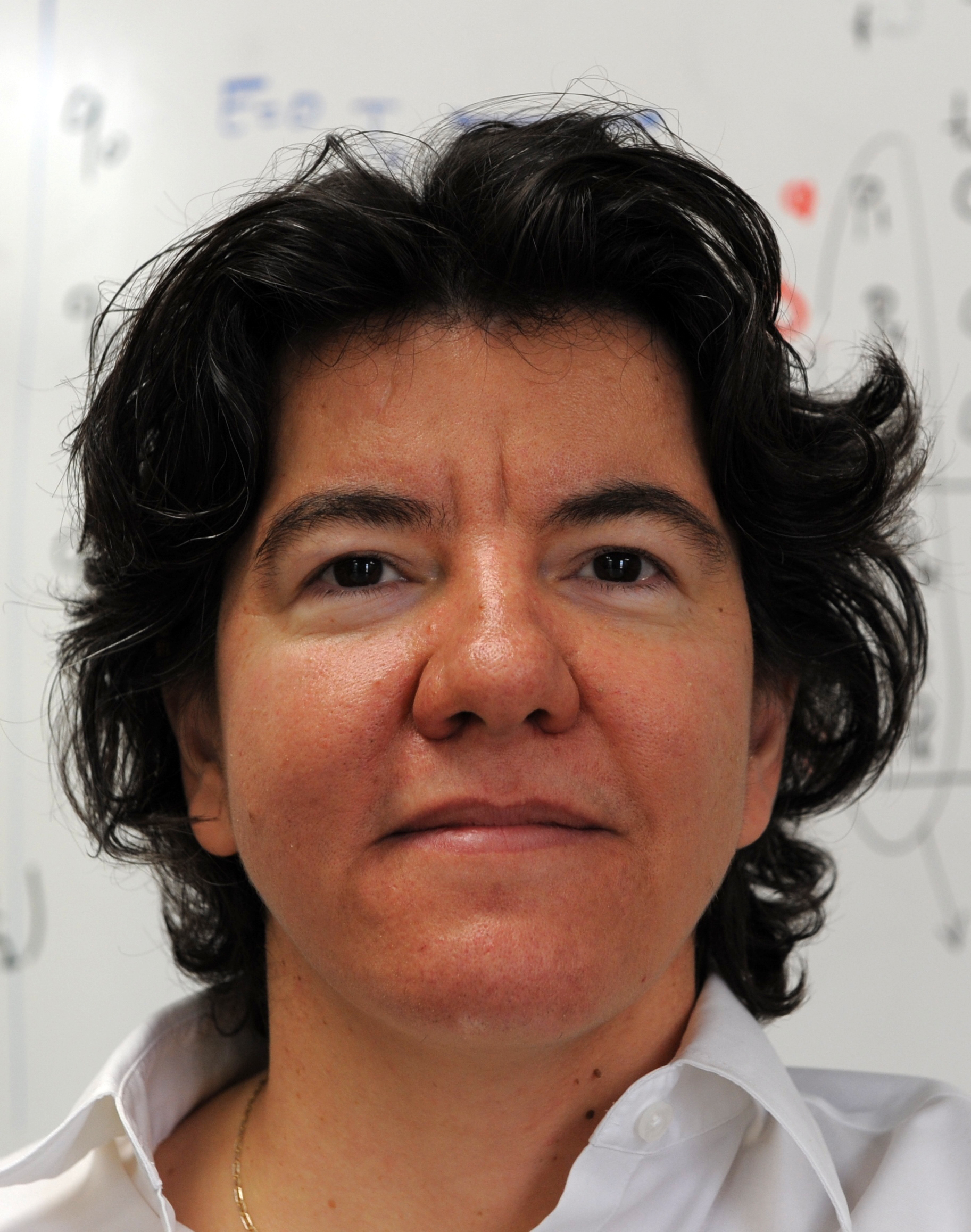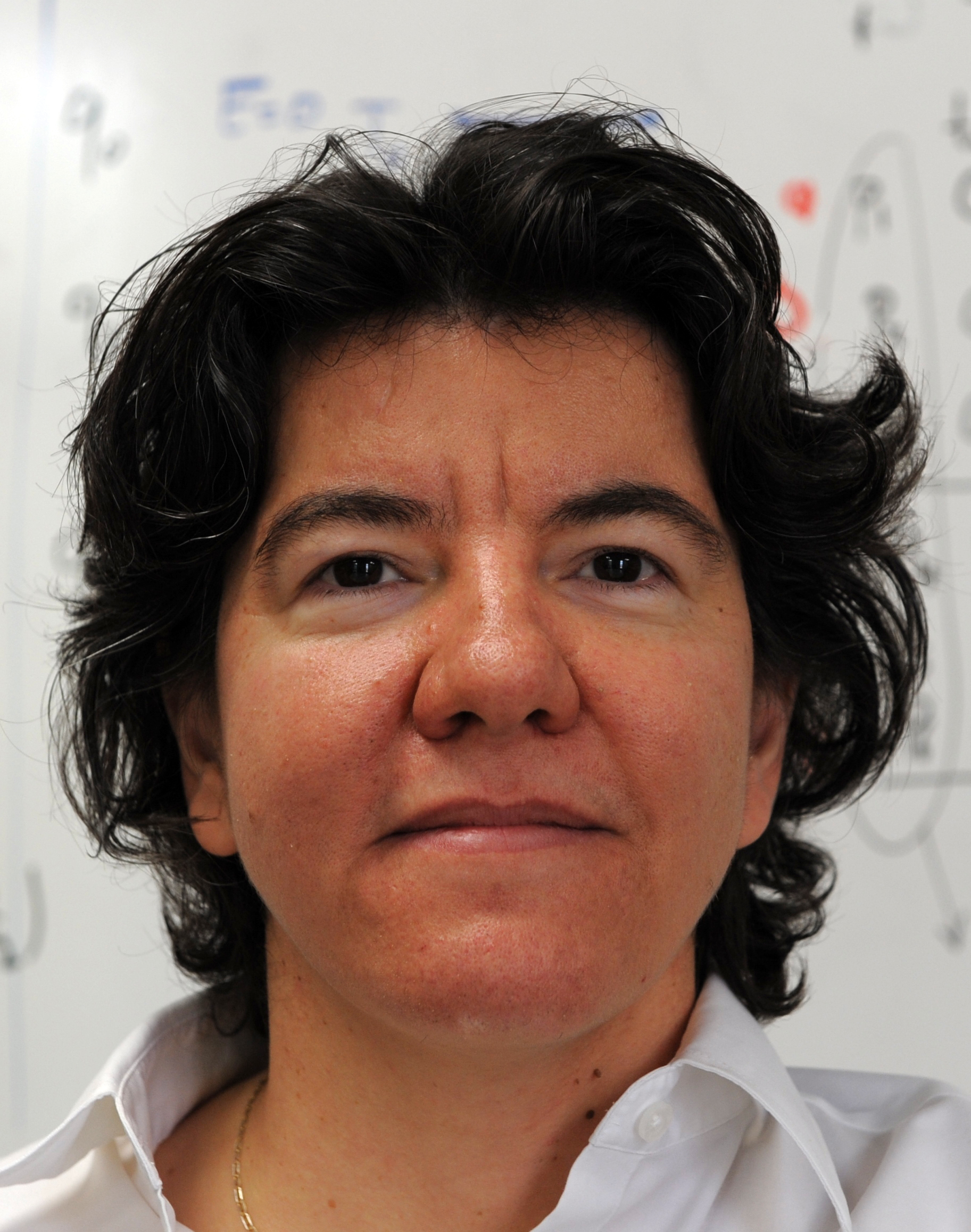News Story
NSF Funds Novel Research to Create Scalable Wireless Networking, Averting Usage Crisis

Professor Anthony Ephremedis has a joint appointment in the Institute for Systems Research and the Department of Electrical and Computer Engineering.
Professor Anthony Ephremides (ECE/ISR) and his colleague at Rice University, Behnaam Aazhang have received a three year grant valued at half-a-million dollars to study a novel view of wireless networks that center on virtual users and includes the evolving paradigms of social networks, and service-based applications.
Ephremides, an electrical and computer engineering professor at the University of Maryland, and Aazhang have the ultimate goal to expand the application base of wireless networks from wireless Internet to include the development of realizable networks for scalable mobile health care, first responders, security applications, transportation, factory automation and robotics.
The main underpinning of the project will be to conceptualize and prove the theoretical foundations, as well as system level designs and algorithms necessary to bring these networks to fruition. This project, “Service-Centric Architecture for Efficient Spectral Utilization in Wireless Networks,” represents a fundamentally novel approach to address spectrum efficiency. Currently, wireless networks are seen as a tool for the provision of services to a well-defined group of users and operators. The researchers plan to work with industrial partners to ensure that next-generation wireless networks will be service-centric, delivering content and fresh information about ongoing processes.
Over the past few years, the rise in the number of varying wireless services has put unprecedented pressure on providers’ networks to the extent that current architectures cannot scale to meet the exponential growth of users’ demands and dissimilarities in the services.
To confront and avert this crisis, the researchers will architect a network with a prevailing service centric philosophy. The concept of network-wide cognition is introduced in this endeavor to explore attributes and disparities of these services as well as heterogeneity of network nodes. Exercising 'true cognition' at the physical layer, nodes in the network will be assumed to operate with flexible radios and that the network is agnostic to the radio access technology; however, the network will be designed to exploit this flexibility. Therefore, the concept of network- wide cognition substantiates across several layers of wireless network design and revisits core network foundations in two coupled thrusts one on scheduling for service centric networking and the other on network provision for delay sensitive services.
Published September 4, 2015









